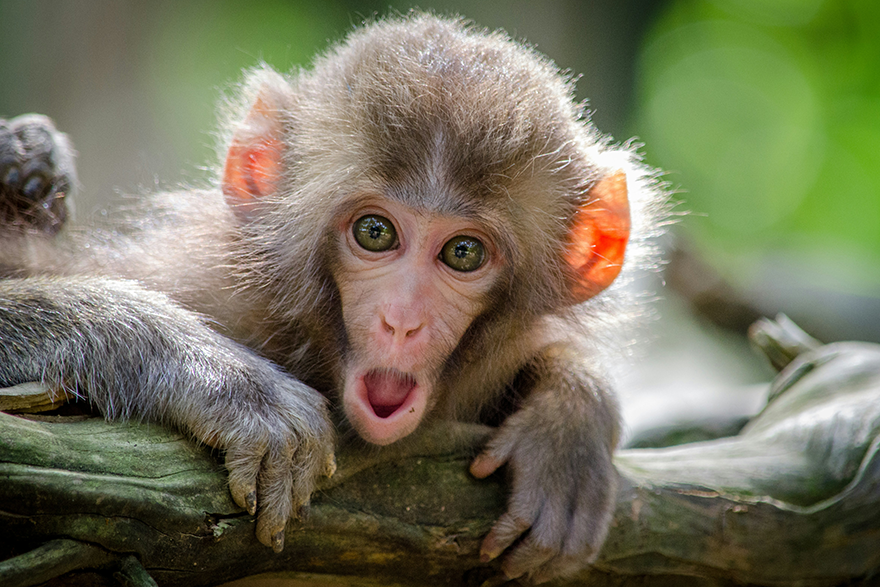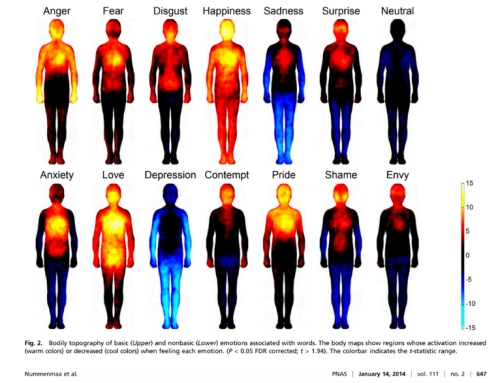I went on a quick visit to Costa Rica this morning. It’s stunning, or least from what I could see on the treadmill video screen.
One of my motivations to get on the treadmill is choosing the destination – travel has always been a passion, so it’s a good incentive to escape for 30 minutes.

Despite loving the vistas, I noticed how often my mind would wander to a million other things and none to do with Costa Rica. I was suffering from Monkey Mind* – and where the monkeys should have been in Costa Rica, they were creating havoc with my thoughts.
Psychologist Michael Posner argues that the psychological concept of attention is as important to understanding consciousness as DNA is to understanding life. He says, ‘Consciousness can be divided into awareness of the world around us and voluntary control of our own thoughts and behaviour.’
Breaking this down, this looks like:
- Awareness of the World Around Us: Our environment is rife with distractions—from how we lead our lives with 24/7 distractions from our phones and digital world to our workplaces, which may overwhelm people with their policies, processes, unrelenting changes, and procedural clutter
- Control of Our Own Thoughts & Behaviour: With our natural tendencies to hold onto negative thoughts four times more than positive, our heads tend to be full these days of concern, worry and stress. We may spend many of our days ‘internally stewing’ as one client of mine described it of his front-line workers, and this stewing continues to distract us when we don’t have the skills to self-regulate
Mindfulness can be thought of like high states of focused attention. When we train our mind to focused attention there are benefits to all facets of our life, including better mental health, quality relationships, and better quality decision making.
Our attention oscillates between excitation and dullness. Only when we attempt for the first time to direct and hold our attention in a single place for even a few moments do we become vividly aware of just how chaotic our minds really are. Mindfulness is the ability to rest our attention in one place for a period of time without falling under the influence of either excitation or dullness. It is a skill that takes time to learn and discipline to practice, yet it does not take long to make significant progress, and the benefits are immediate.
As leaders, being intentional and focused are vital ingredients to helping clarity of thought and intentional positive communication, so tune into those monkeys as often as you can to put them on pause while you interact with your team – they’ll love your presence and the monkeys will always be there to go back to.
*If we were to spend time inside our minds, we would metaphorically see monkeys jumping from branch to branch with no obvious clear direction, as described by the Buddhist meaning, Monkey Mind.

Deb is a Senior Consultant who is passionate about Positive Leadership and brings with her a wealth of experience in applying Positive Psychology and the Neuroscience of Leadership to excel in leadership and performance. Book here for a conversation to learn more about our leadership and capability programmes.






